
https://youtu.be/1CV8B82r5Sg?si=Kzl1CvSfQCbGDfMB
What Exercise Burns the Most Calories
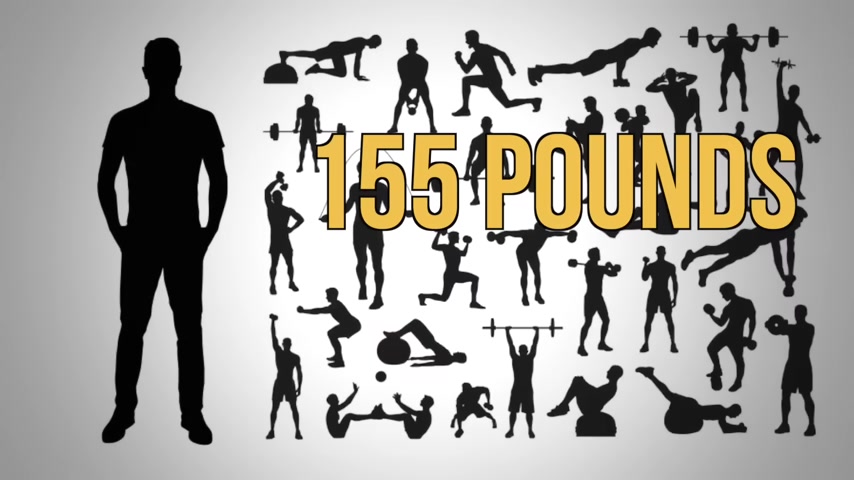
What is the highest burning calorie exercise or activity that ever existed on this planet ?
That's what we're gonna talk about today .
Now this information is based on a person that weighs about a £155 , and all of these activities are based on one hour of doing them .
A lot of these exercises cannot be performed for a whole hour , but just to give you a relative comparison per unit of time , I'm gonna list everything by calories burned .
And then when we're done , I wanna clarify some really important points on calories because it's not all about burning calories .
We start with sleeping .
You'll burn 50 calories per hour when you're sleeping .
And then we graduate to sitting , being sedentary , sitting on the couch , 65 calories per hour .
You can burn just by doing nothing .
And just as a side note , if you chew gum , you can burn a few more calories an hour .

If you laugh , you can burn a few more calories per hour and if you fidget , you can burn a few more calories per hour .
All very insignificant .
So when you're sitting there watching TV at night , eating popcorn , find a comedy , start laughing , fidget while you're chewing gum and eating the popcorn at the same time .
Then we have standing .
It takes a little more energy to stand .
So we have a 110 calories .
Sex .
It's not an exercise .
I guess it could be .
You'll burn about 200 calories an hour , but most people do not spend an hour performing that exercise .
Probably more like , I don't know , 4 minutes , maybe 10 minutes .
Then we have planks .
If you did plank for an hour , you'd burn 240 calories .
That seems pretty strange because it seems like a plank would burn way more calories .
I'll have to double check that one , but I tell you one thing .
I don't think most people can do a plank for more than , you know , 5 , 10 minutes , let alone an hour .
Okay .
Then we have walking moderate pace about 3 miles an hour .
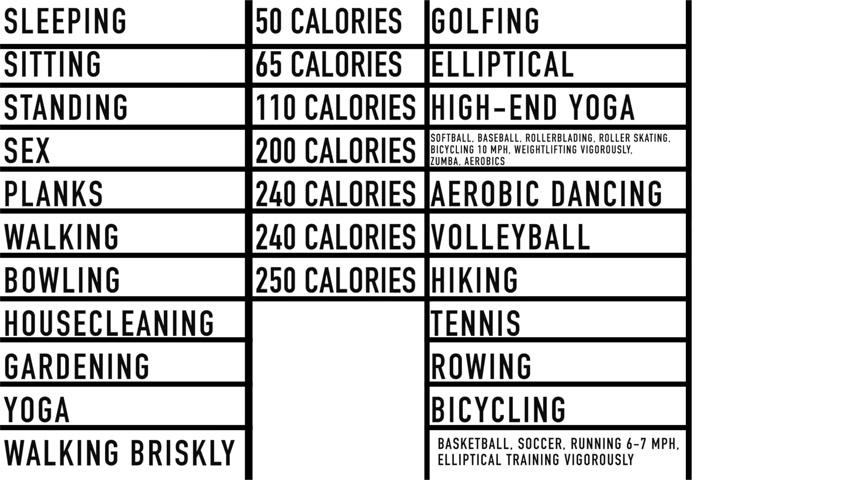
You'll burn about 240 calories an hour .
Bowling is 250 calories .
House cleaning vigorous effort , 250 calories .
Gardening or yard work is 270 calories .
Yoga , you can burn 280 calories .
Walking briskly at 4 miles an hour , 340 calories .
Golfing , 360 calories per hour .
And then if you do the elliptical training , moderately , it's about 400 calories an hour .
Now a more high end yoga like a power yoga would you could burn about 400 calories .
Okay .
And then the next series of exercise all burn about roughly about 420 calories , softball , baseball , rollerblading , roller skating , bicycling at 10 miles an hour , weight lifting vigorous effort , Zumba dance workout , and aerobics moderate effort .
All are 420 calories per hour .
Then we have like aerobic dancing vigorously .
That's 440 calories per hour .

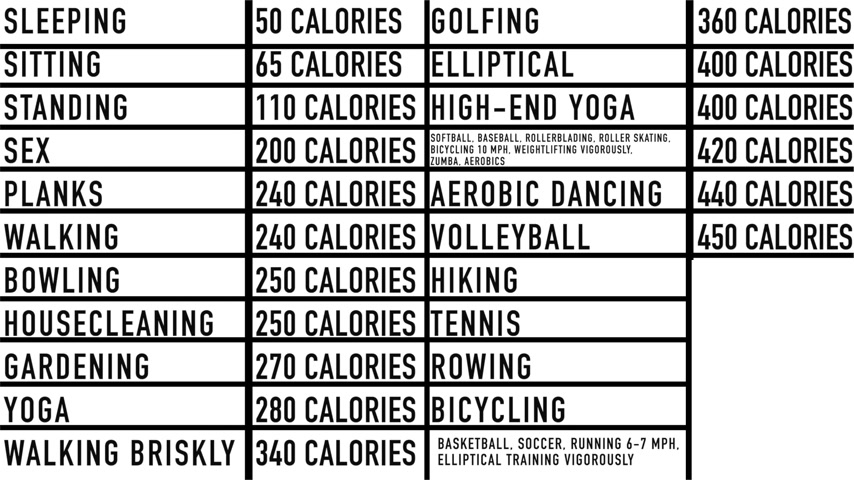
Volleyball is 450 , calories per hour .
Hiking with a backpack , 450 calories per hour .
Playing tennis , it's 450 calories .
Rowing , 470 .
Bicycling , about 12 to 14 miles an hour is about 470 calories .
And then the next series of exercises all burn about 480 calories per hour .
Basketball , soccer , running 5 to 6 miles an hour .
Elliptical training vigorously all 480 calories per hour .
And then we have swimming .
Moderate effort is 510 calories .
Cross country skiing .
I've done that .
It's a pretty serious workout .
That's 550 calories per hour .
Then we have martial arts , judo , karate , etcetera , 560 calories an hour .
Jumping rope , 560 calories an hour .
I wanna see you jump rope for an hour .
Rock climbing , indoor and outdoor , 570 calories .
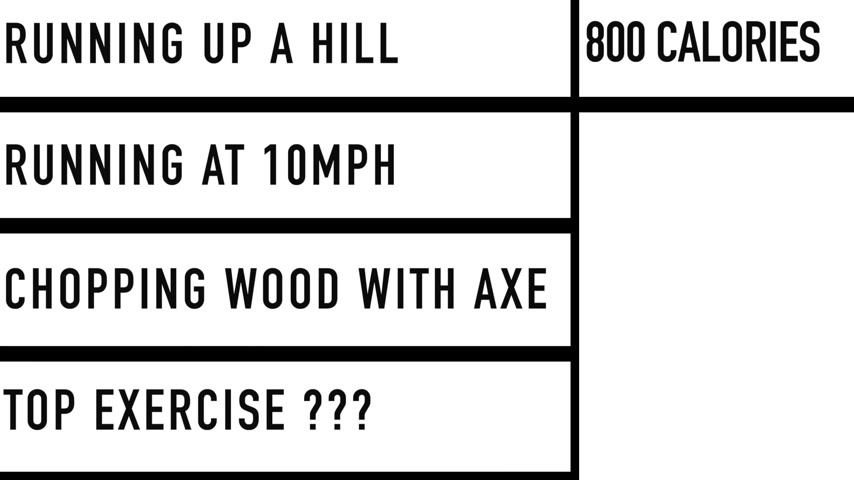
And , of course , that all depends on , you know , how many breaks that you're taking in between the rock climbing .
I don't think anyone could rock climb for a straight one hour .
Then you have rowing vigorously , 570 calories .
Kickboxing , 580 calories .
Bicycling vigorously at 14 to 16 miles an hour , 5 90 calories .
Then we have running at 6 to 7 miles per hour , 5 90 calories , swimming vigorously , high intensity interval training , CrossFit , all of them are 5 90 calories an hour .
Now , of course , they're not factoring in the rest periods and all that because obviously when you're resting , you're gonna burn less calories .
Running up a hill , 800 calories per hour .
Yeah .
I like to see you run up a hill for an hour .
I think I can make it about 15 to 20 seconds before I have to take a break .
Now we have running at 10 miles an hour .
That's pretty fast .
Over 1,126 calories .
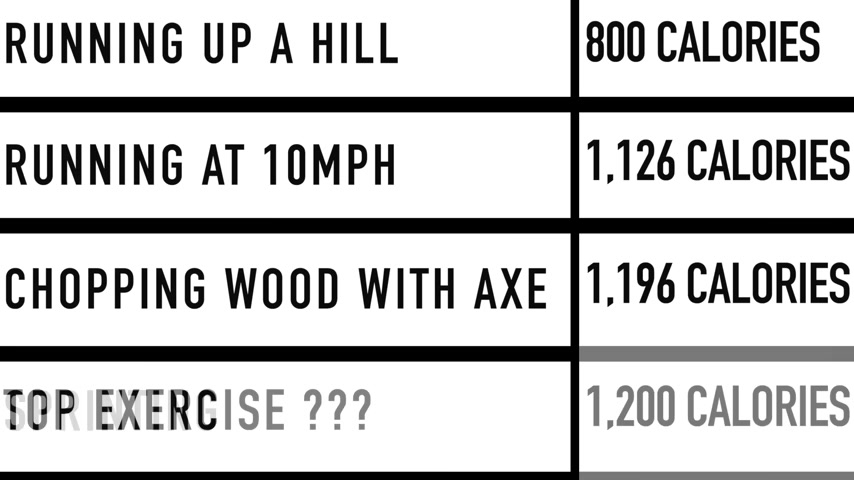
Of course , no one's gonna be able to run an hour at that speed .
But just to look at how many calories you would burn comparatively , it's quite a few .
Oh , check this out .
Chopping wood with an axe .
1,196 calories per hour .
And then we have the top exercise that burns the most calories , and that's a flat out sprint .
That's at 1200 calories per hour .
We know that's ridiculous , but if you're doing a flat out sprint and you're using every bit of energy , you're gonna burn some serious calories .
Now that's all really interesting , but I need to explain some key things about burning calories .
What is the purpose of burning calories ?
Why do you want to burn calories ?
Chances are it's probably to lose weight .
Right ?
Now we have to ask the question , what type of calories do you want to burn ?
Do you want to burn your sugar calories or do you wanna burn your fat calories or do you wanna burn your protein calories , your muscle protein ?
Probably not .

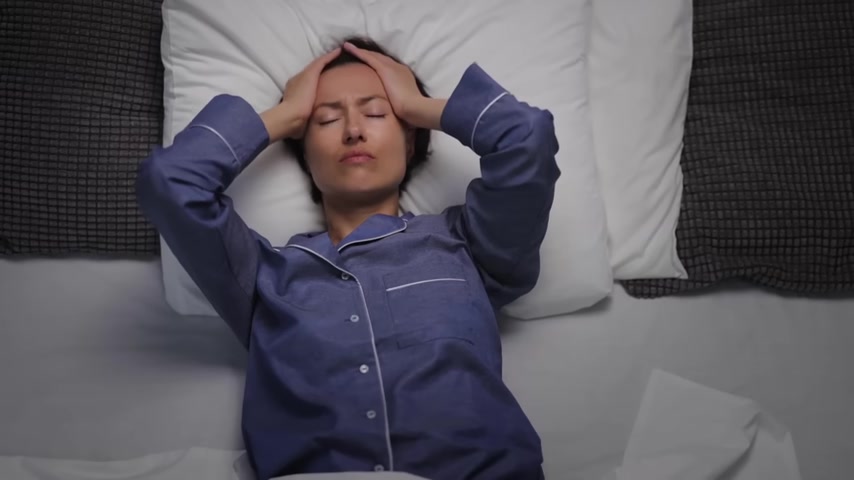
So you probably wanna burn fat .
Right ?
So if you actually consume sugar , you're gonna burn sugar .
If you consume fat without sugar , you will burn fat .
And when your body starts burning off your own protein , your muscle , that's in a situation where you are overtraining .
You haven't slept .
Maybe you're doing prolonged fasting .
And in addition to that , you've tapped out , like , not just your glycogen reserve , but your your fat reserves .
And then now the muscle is gonna be the last thing to be burned , and that's called starvation .
With some of these long distance runners , they have a bit of atrophy because they're generating so much energy and burning so many calories .
It's very difficult to maintain a large volume of muscles because if you keep the intensity high and you increase duration , you also increase cortisol .
Cortisol destroys the muscles .
It's very important as we're talking about calories to make sure you never over train .
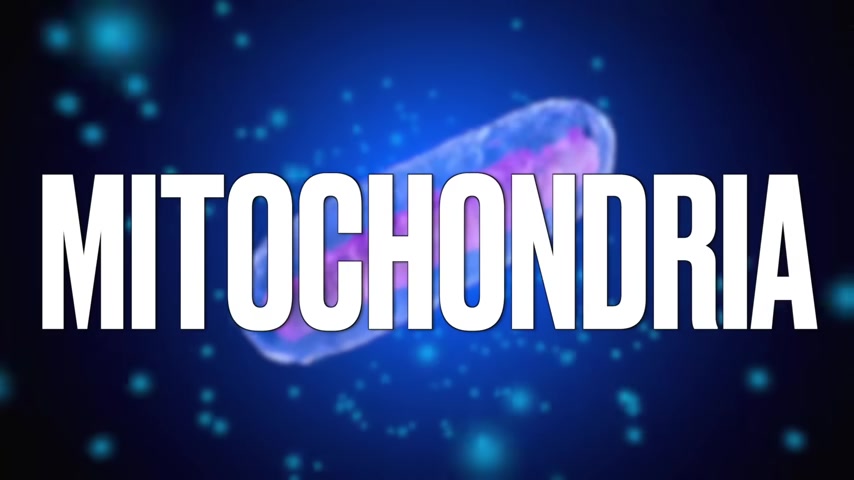
So if we take a look at what's really happening inside yourselves when you exercise , you're using energy through the machine called the mitochondria .
The amount of calories that you're burning really is dependent on how healthy that mitochondria is .
How do you know if you have a good mitochondria ?
Well , take a look at your energy .
How much energy do you have ?
Can you exercise and have more endurance and have more energy even after you work out to some degree ?
Certain medications destroy the mitochondria , like statin drugs which block cholesterol .
And one of the big reasons is because it depletes a very important nutrient that's needed by the mitochondria to make energy .
And that's called coenzyme q10 .
Also L Carnitine is another one as well .
So there are several things that can help increase the number of mitochondria and the strength .
Of course , exercise will do it , but only if you're resting between your exercise and you're fully recovering .
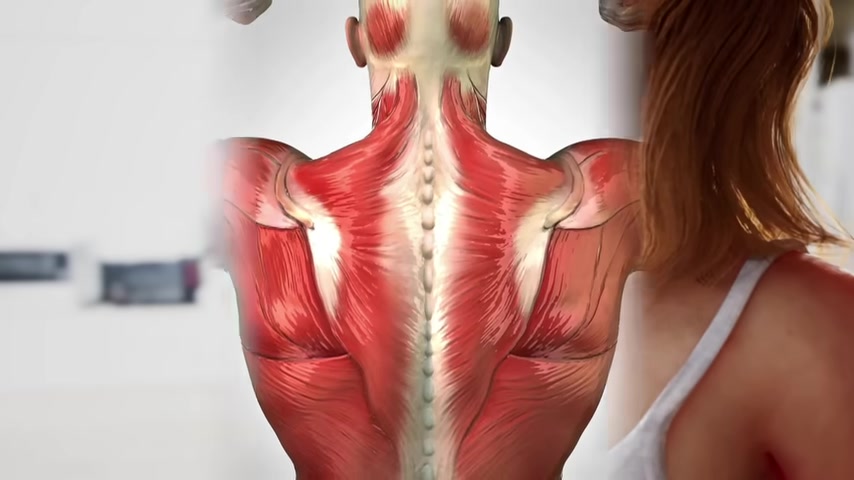
Having a good thyroid can help the number of mitochondria .
Increasing more muscle mass will automatically give you more mitochondria .
And this is why it's important if you want to improve your metabolism to make sure you have sufficient muscle mass .
And even people doing Ozempic , right , what they do is they lose weight , but they also lose muscle as a side effect .
I mean sometimes people have this idea that oh , yeah , I'll be on this medication the rest of my life .
Really ?
I don't think so .
So you might start out losing weight and then all of a sudden lose your mitochondria .
Doing intermittent fasting can also stimulate the production of more mitochondria .
But I want to say something .
There's a fascinating test that can look into the mitochondria .
It's called metabolomics , and determine if you're getting enough fuel to even feed the mitochondria , especially if someone is exercising .
It's very important to get enough fuel to feed the machine .


One of the best fuels for the mitochondria is meat .
Meat apparently has , all the cofactors , the b vitamins , the trace minerals , and the most protein to feed that mitochondria and make it strong .
Cold immersion therapy or cold showers can actually do some interesting things because it forces the mitochondria to generate a tremendous amount of energy from your food .
There's been some data that resveratrol can help stimulate more mitochondria .
If you have insulin resistance , which probably 90% of the population has , that can severely destroy your mitochondria .
It can prevent you from using glucose .
And if you keep eating glucose , we can't burn ketones .
So in other words , to get into fat burning , you need to cut down your carbs .

Now , the other topic is growth hormone .
Growth hormone can also help reduce this insulin resistance .
It can also help you build more muscle , can help you burn more fat , even though you might be sprinting for 10 to 15 seconds and then resting for 4 minutes .
You might not be burning a lot of calories , but what's going to happen is you're going to increase growth hormone 24 to 48 hours later while you're sleeping .
So you're going to be burning fat while you're sleeping .
And this is why you have to look beyond just the mechanics of burning calories because there's other factors involved .
One other big mistake that a lot of exercisers do is when they try to burn calories with exercise , they're putting tremendous amounts of energy out at the gym and their , their diet is too high in carbs .
So they'll end up burning off the sugar .
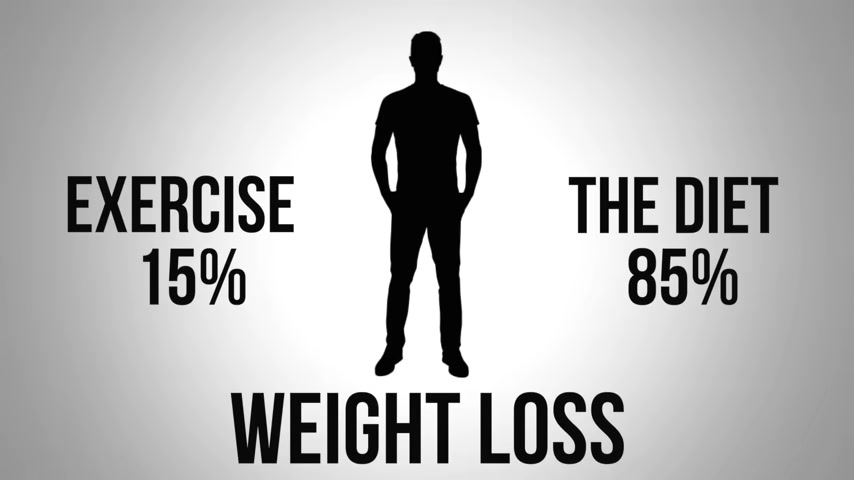
Now they're hungry and they're craving sweets and sugar , and they keep putting the carbs back in having these little snacks .
So they never really lose a lot of weight because they're running their body on glucose and they're just putting it right back .
So if we're talking about weight loss , exercise accounts for 15% of your gains , whereas the diet can be about 85% of your gains .
Because regardless of how many calories you're burning , what if you could just focus on burning fat calories ?
Wouldn't that be a smart thing to do Versus increasing the metabolism to burn off more sugar calories , which you then replace with sugar .
Doesn't make sense .
But if we're talking about exercise and we want to do an exercise that burns the most calories , you'd want to keep the intensity , the highest possible intensity you can do , and involve the most muscles : upper body and lower body .
Recently I was doing a metabolomic test on my mitochondria .
I exercise a lot .
I run up hills .


I do all sorts of things .
I was over training .
So I cut that back , got more sleep , and now the mitochondria is better .
So that's why the metabolomic testing , I think , is going to be the wave of the future because you can predict things well before they become symptomatic .
For more information on the best diet that you should be on to be able to have really healthy mitochondria , you should probably study this video right here .
Are you looking for a way to reach a wider audience and get more views on your videos?
Our innovative video to text transcribing service can help you do just that.
We provide accurate transcriptions of your videos along with visual content that will help you attract new viewers and keep them engaged. Plus, our data analytics and ad campaign tools can help you monetize your content and maximize your revenue.
Let's partner up and take your video content to the next level!
Contact us today to learn more.